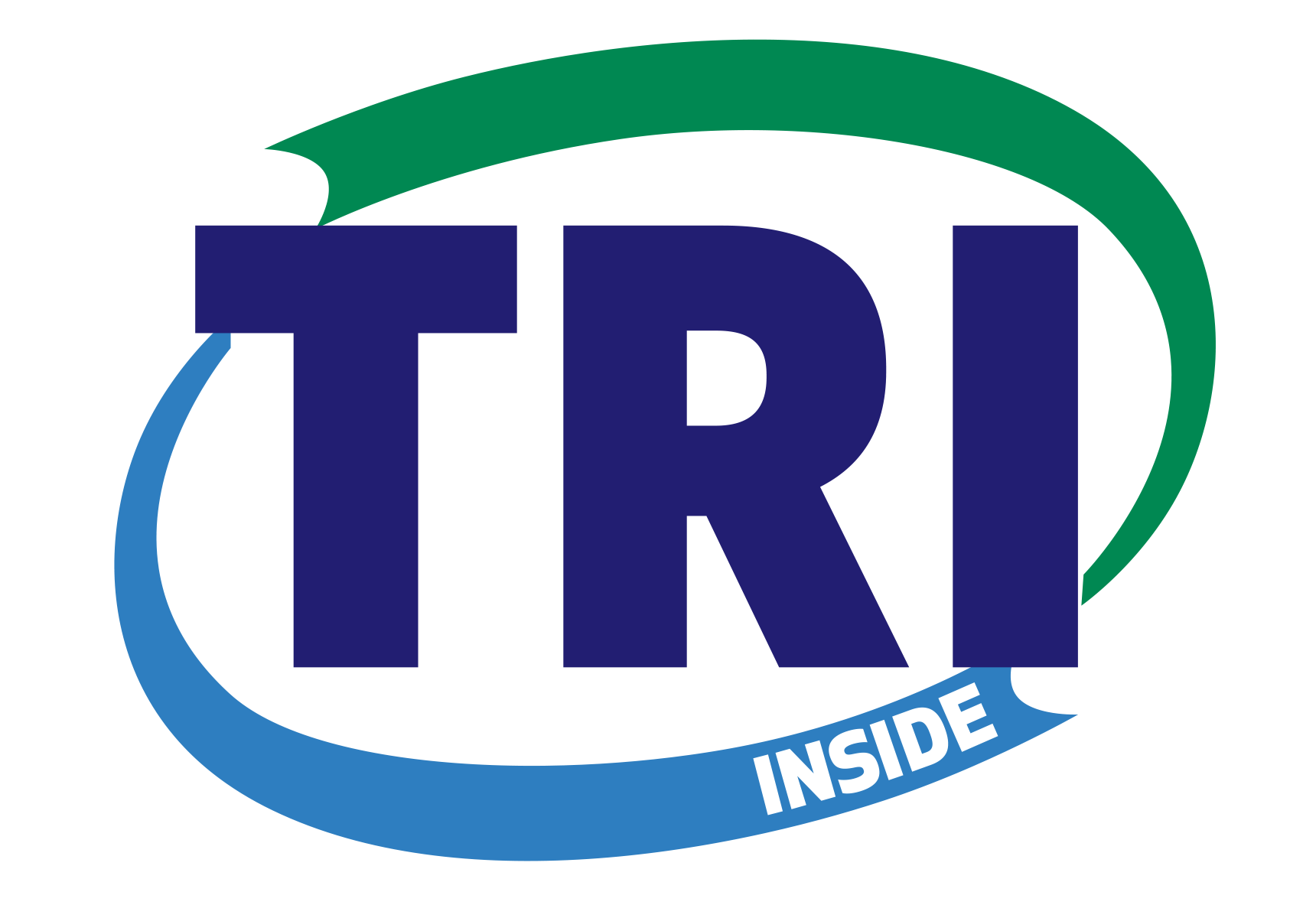Pyrolysis
One of the principal challenges in pyrolysis is generating a consistent product as slight changes in reaction conditions and feedstock chemistry can result in notable changes to the pyrolysis process. This challenge exists both when trying to make a high quality solid char product and when trying make a high quality pyrolysis oil product. The highly efficient production of pyrolysis vapors and chars within a very controlled temperature range is something that TRI can achieve at commercial scales of 500 tons/day and larger. Our reactors are indirectly heated (using an advanced proprietary heat exchanger), they utilize some of the deepest fluidized beds in the world (30+ feet), and they are fluidized with steam giving them incredibly stable operational characteristics. We have already commercially implemented this technology at the 500 ton/day scale. Much of our current success is based on the fact that our reactors are so isothermal and well mixed that we can control gas composition even when reforming carbon sources as heterogeneous as landfill waste and this applies to every carbon feedstock we have ever tested.TRI reformers have the ability to pyrolyze carbon feedstocks at temperatures as low as 400°C and as high as 1000°C using indirect heating and a variety of inert fluidizing gases including steam, nitrogen, and carbon dioxide.
Projects that require a thermal reactor to consistently produce pyrolysis vapors and/or char at a fairly exact temperature range (+/-20°C) at large commercial scales could benefit from our leadership in this area.
Benefits
TRI is a national leader in the development and implementation of commercial scale (500 ton/day and larger) thermal conversion reactors utilizing indirect heating and deep fluidized beds. This experience translates to improved performance and conversion efficiencies for pyrolysis projects.
The stability and precision of TRI thermal conversion reactors is unparalleled in the commercial scale pyrolysis & gasification industry.
Thoughtful pyrolysis has the potential to valorize a variety of underutilized biomass sources by converting them into highly valued char products and pyrolysis oils ready for refining and upgrading. TRI technology is uniquely suited to support these developments at large commercial scales.

